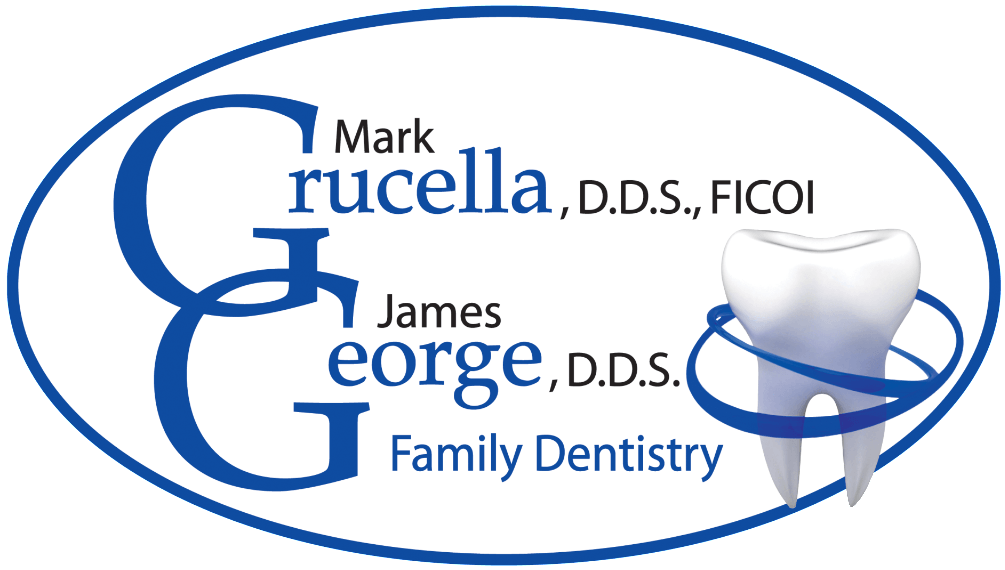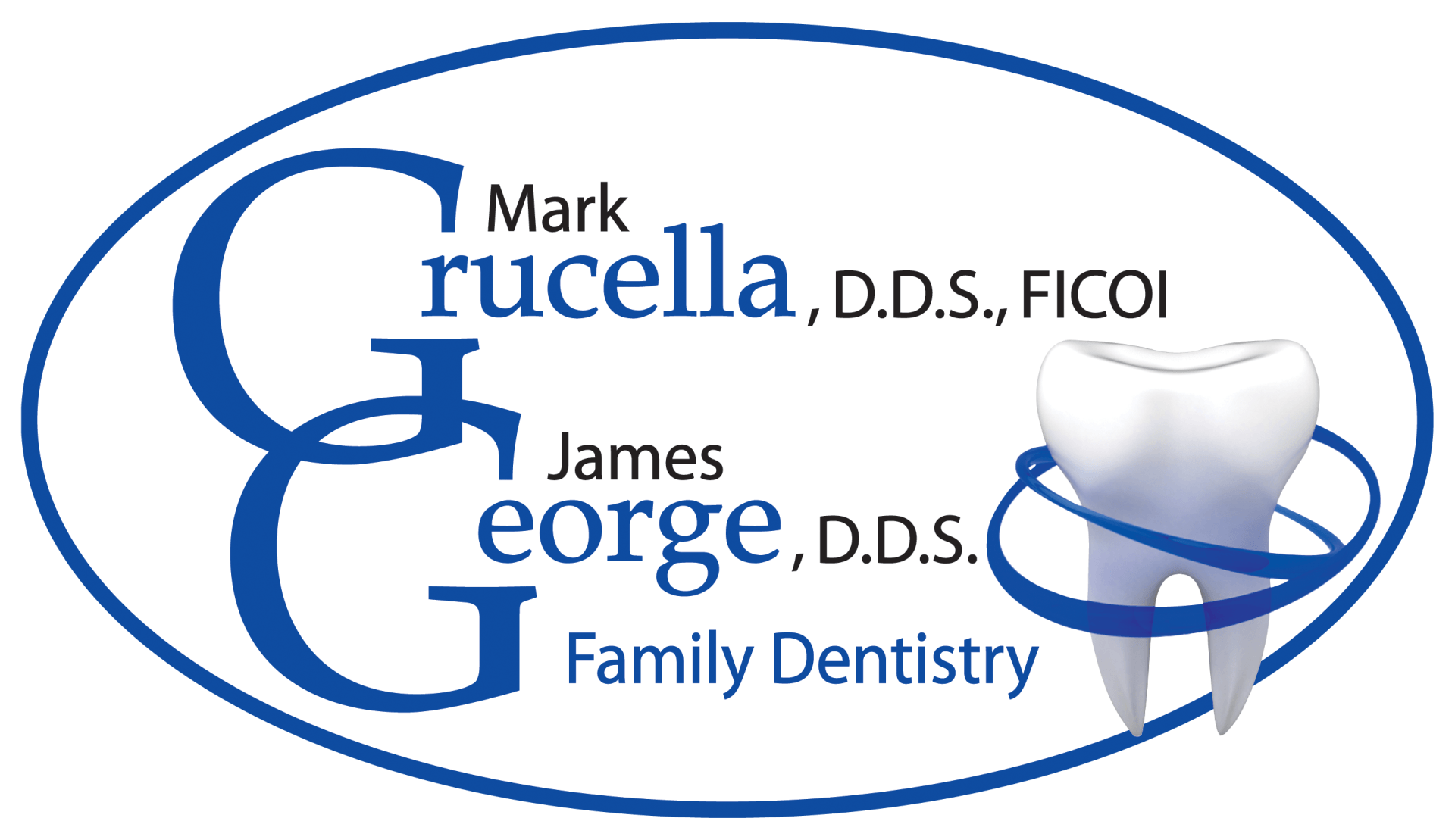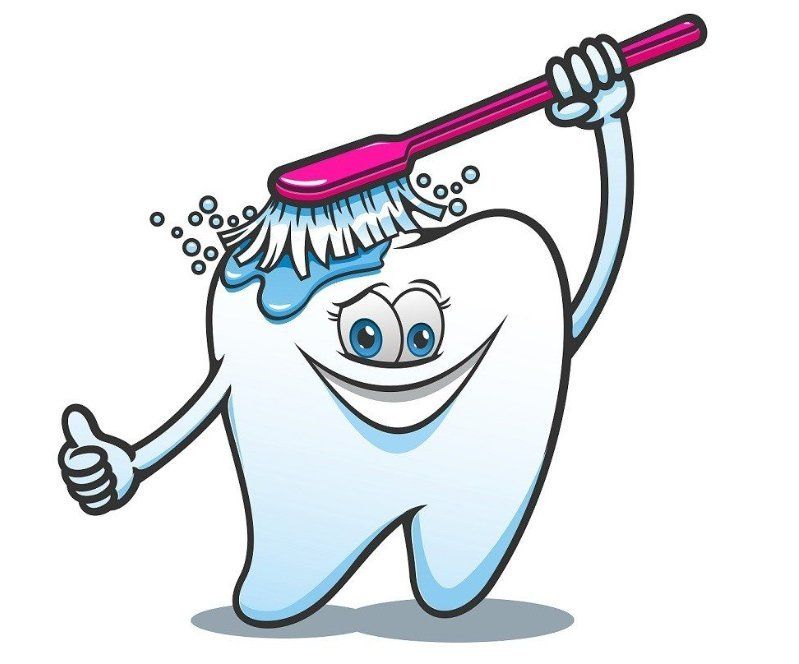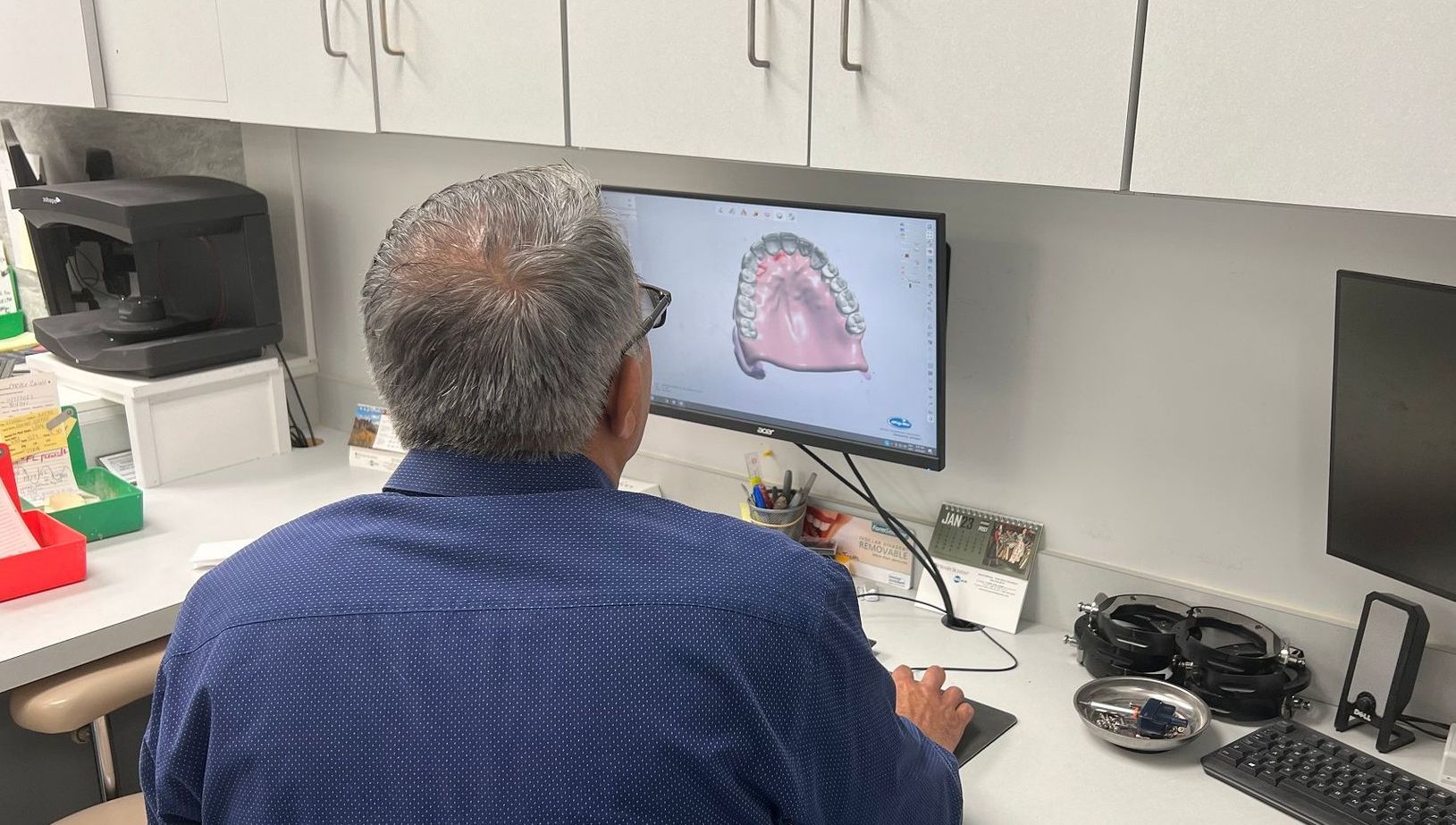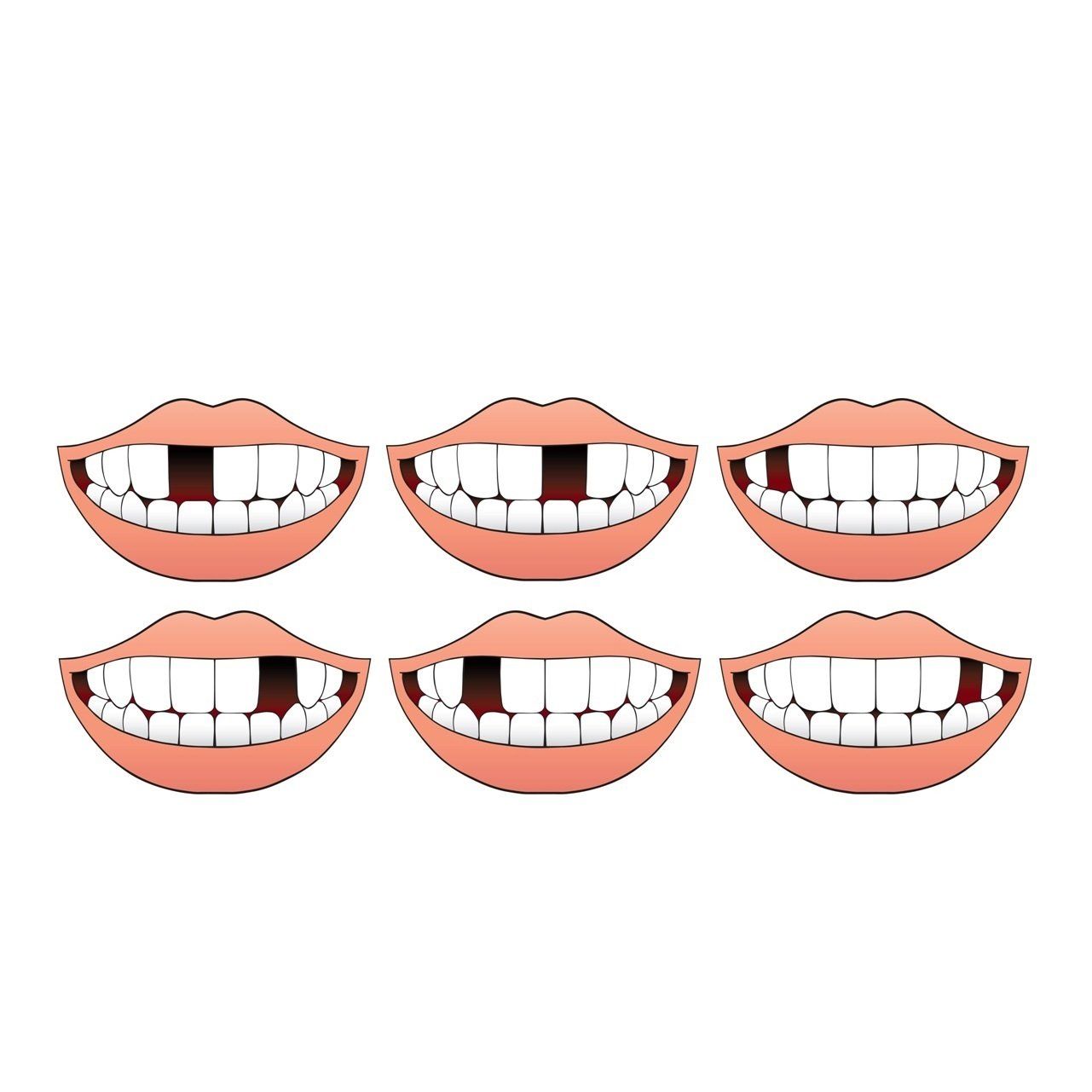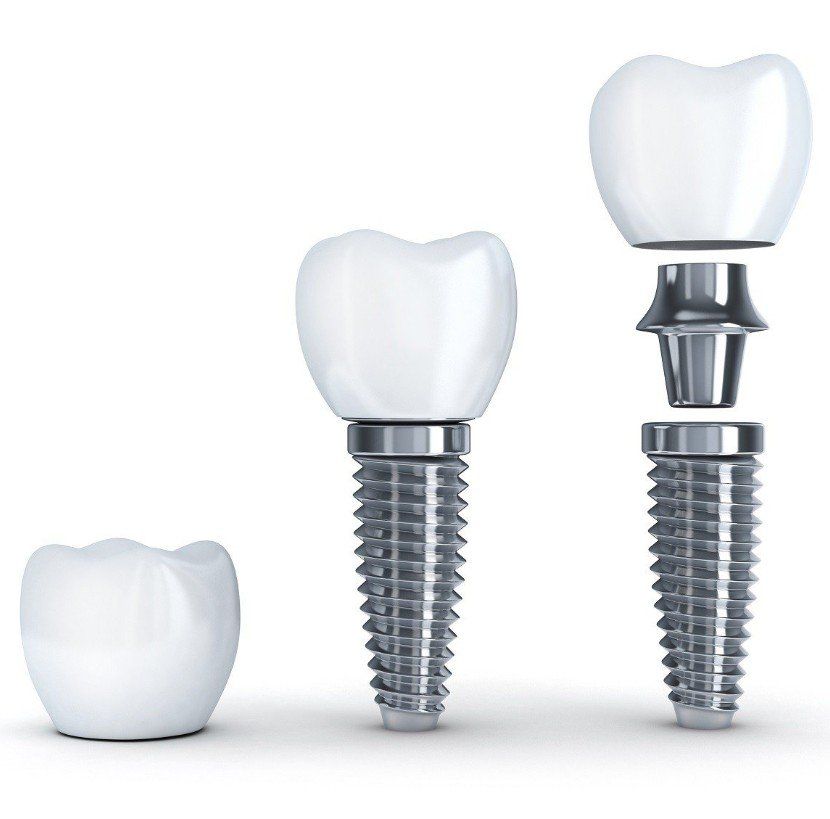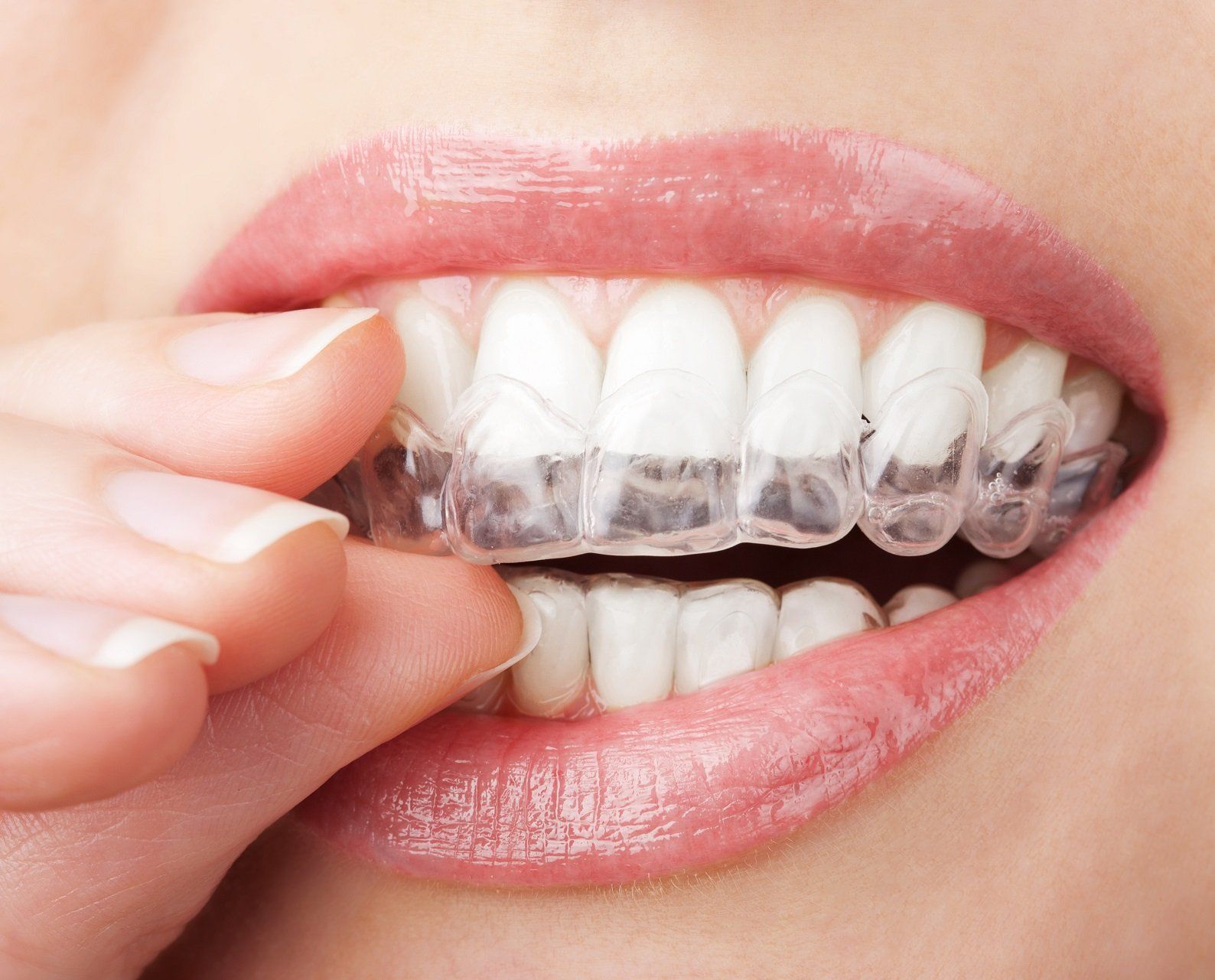Keeping Teeth Clean is an Important Part of Avoiding Periodontal Disease
Many adults in the U.S. have some form of periodontal or gum disease. Periodontal disease is an infection of the tissues that support teeth. It can range from simple gum inflammation (known as gingivitis) to a more serious disease (known as periodontitis).
Our mouth is full of bacteria that constantly form plaque (biofilm) on teeth. Brushing and flossing helps get rid of plaque but any plaque that does not get removed hardens and calcifies into tartar that brushing does not remove. Only a professional cleaning by a dentist or a dental hygienist can remove tartar. The longer plaque and tartar are on teeth, the more harmful it becomes.
Gingivitis
Gingivitis is an inflammation of gums and is a mild form of periodontal disease. It can be reversed with daily brushing and flossing and regular cleanings by a dental hygienist.
This stage of gum disease does not include any loss of bone or tissue that hold teeth in place.
Periodontitis
When gingivitis is not treated it will advance to periodontitis. Periodontitis is an inflammation around a tooth. With periodontitis, gums pull away from teeth and form pockets that become infected. The body's immune system reacts to bacteria and tartar build up as infection and starts to break down the bone and connective tissue that hold teeth in place. If not treated, the bones, gums and tissues that support the teeth are destroyed. Teeth may eventually come loose and have to be removed or they may just fall out.
Periodontitis may also contribute to a variety of very serious and life threatening health conditions like heart disease, stroke, diabetes, and pre-term births.
Warning Signs
Warning signs of periodontal disease include:
• Bleeding gums when brushing or flossing
• Swollen, red and tender gums
• Receding gums
• Halitosis
• Loose tooth or teeth
• Pain / sore gums
• Space that develops between teeth
• Sensitive teeth
Dentists and dental hygienists use a tiny ruler called a "probe" to check for and measure any pockets. A "pocket" is a space between a tooth and the surrounding gums. In a healthy mouth, the depth of these pockets is usually between 1 mm and 3 mm. Any probing measurements that are greater than 4 mm is an indication of tissue inflammation, bone loss, or possible active infection and periodontal disease.
To stop periodontal disease deep cleaning has to be performed by a dental hygienist. Deep cleaning is a procedure where a hygienist uses specific instruments and techniques to clean above and below the gums to remove tartar and plaque build-up.
It may take multiple appointments to complete treatment and a local anesthetic may be used to "numb" and keep a patient comfortable during cleaning.
Periodontitis cannot be reverse but can be stopped and maintained. Good oral hygiene and regular professional dental check-ups will help monitor it.
To avoid periodontal Disease, it is recommended that you brush two times a day, floss daily and visit your dentist regularly.
For more information about periodontal disease or to schedule a dental check-up, please contact us by calling 330-733-7911 or send us a website message
at any time.
